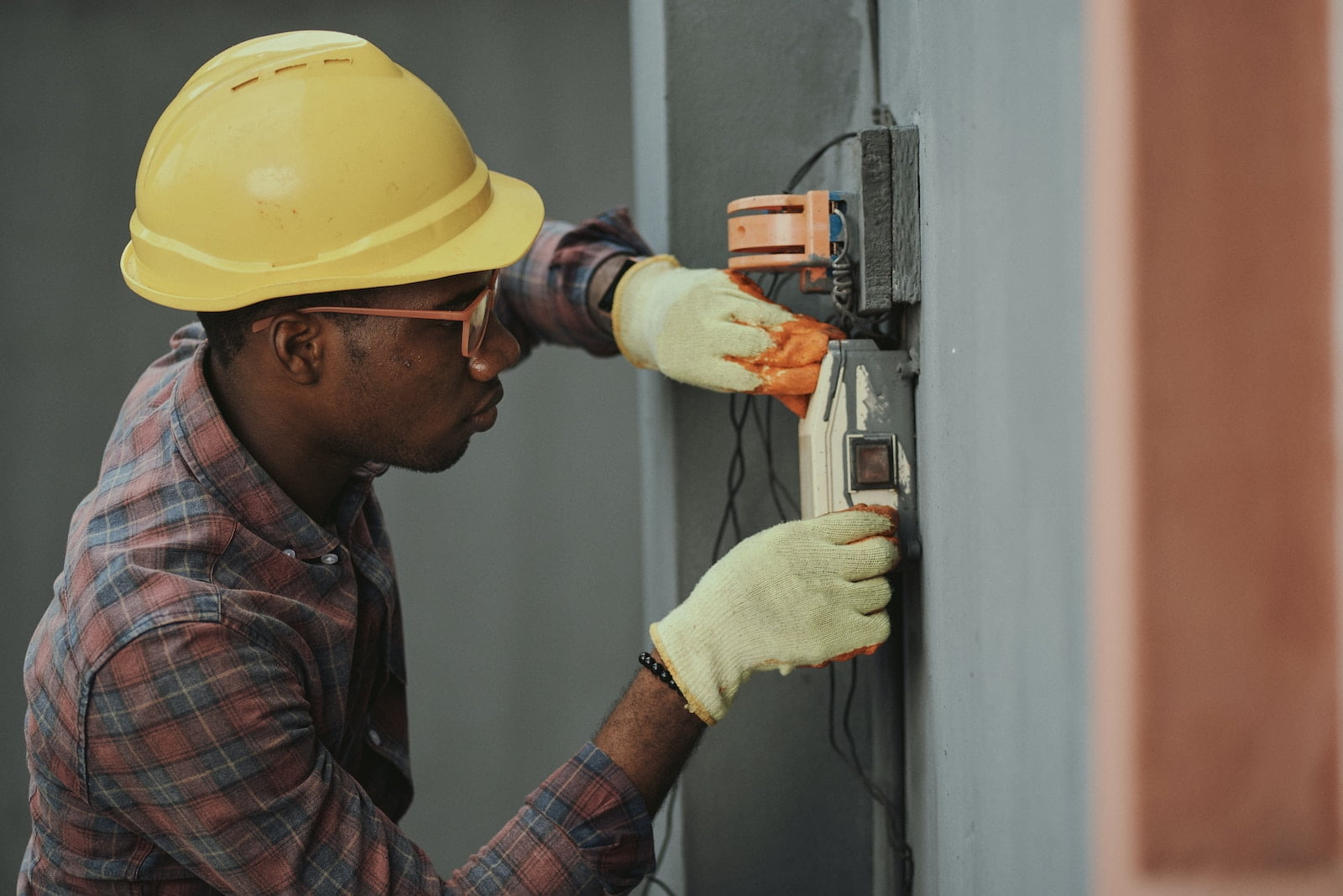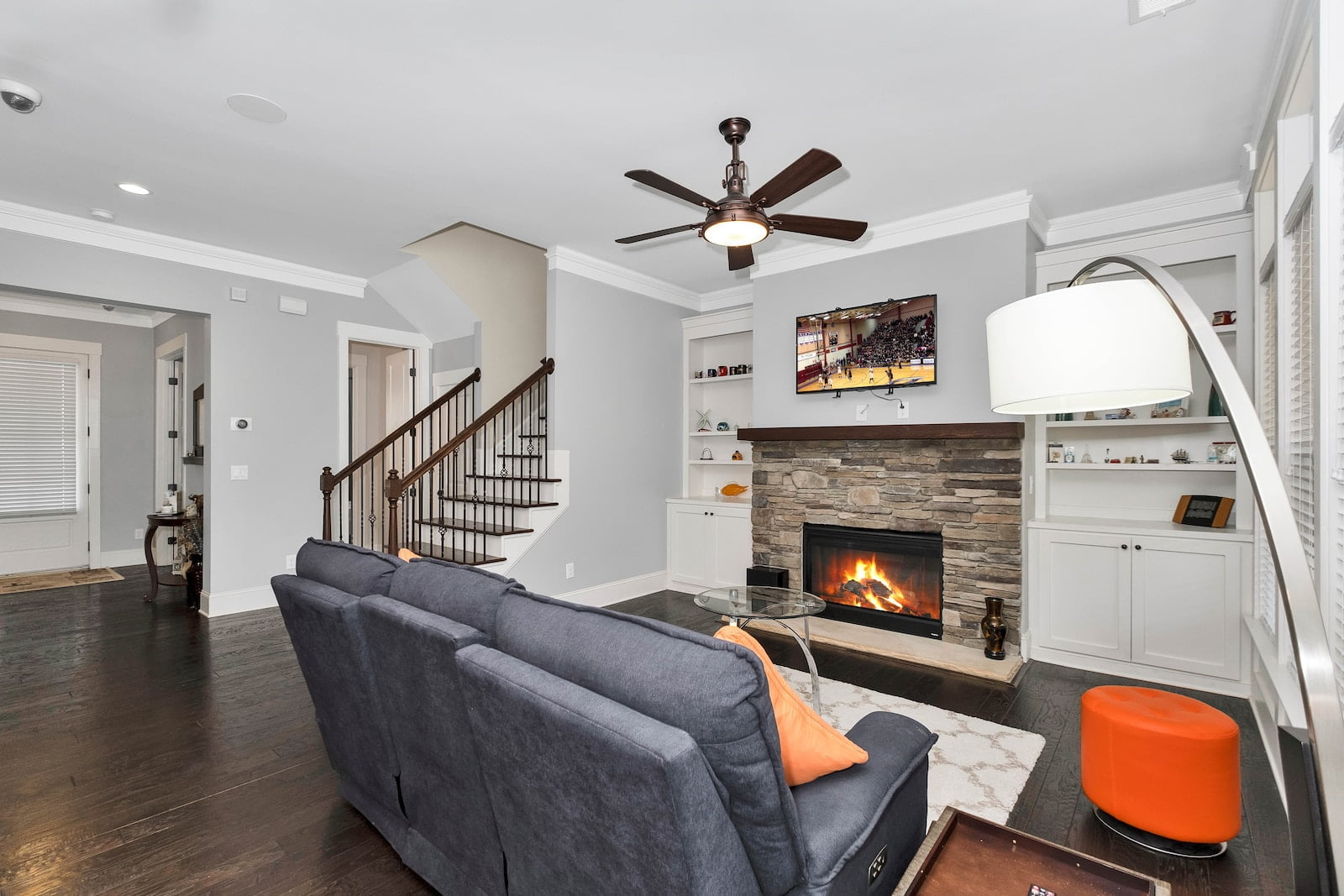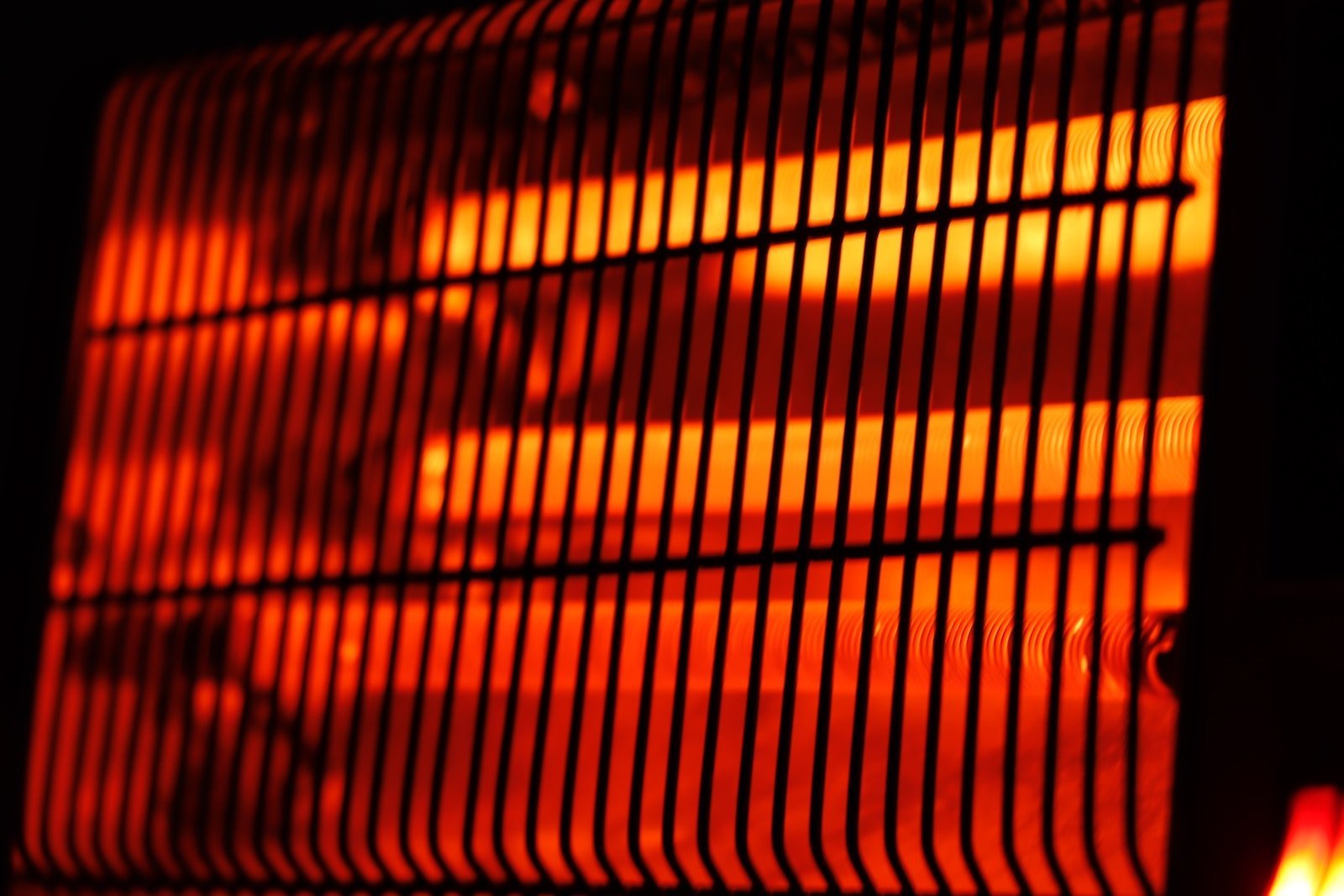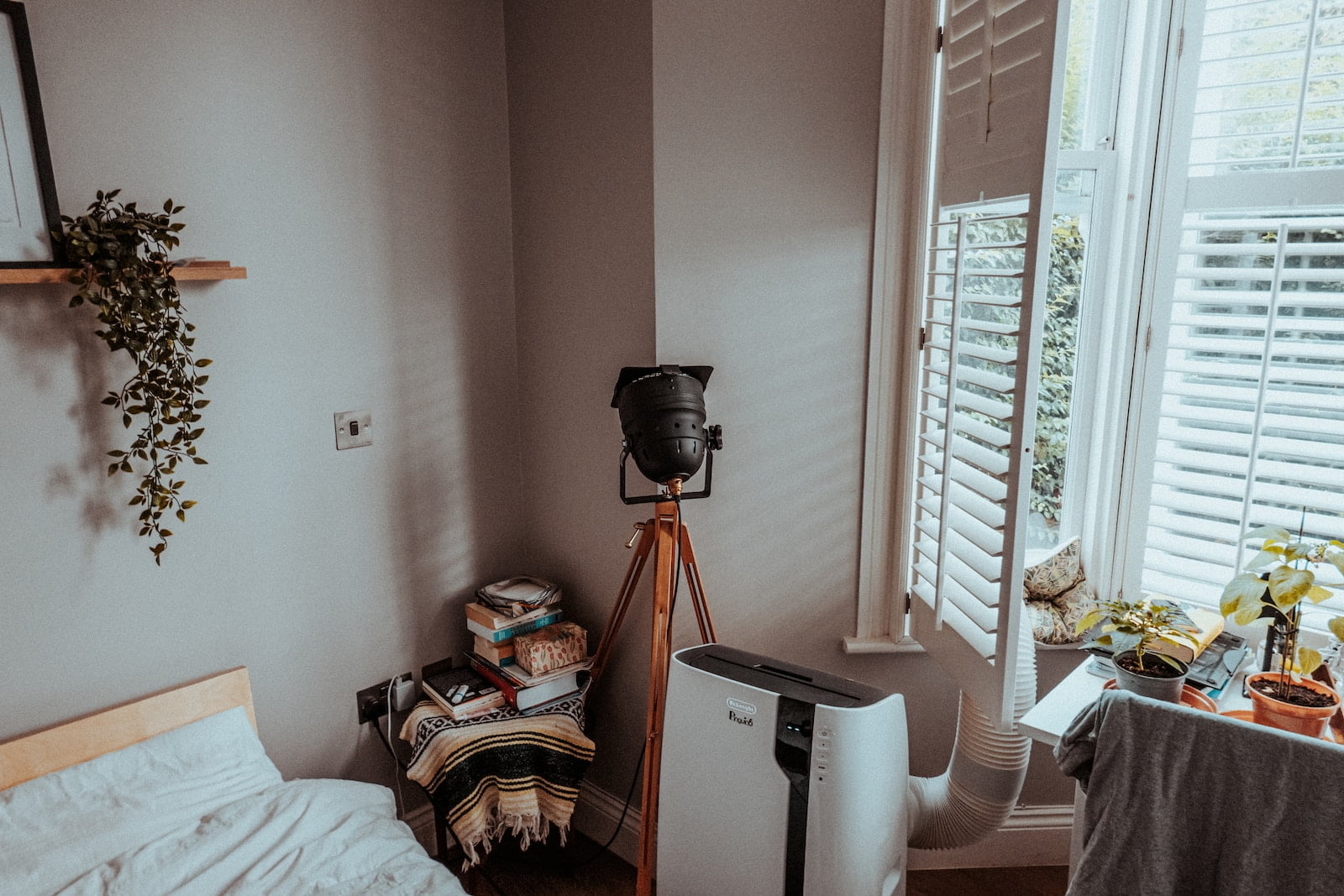Important Questions to Ask Your HVAC Technician During Your Appointment
When it comes to hiring a technician, one of the most important factors to consider is their qualifications and experience. After all, you want someone who has the knowledge and skills necessary to effectively diagnose and repair any issues with your equipment or systems. In this article, we will explore the importance of a technician’s qualifications and experience, and how these factors can impact the quality of their work. From education and certification to on-the-job training and years of experience, there are many factors to consider when evaluating a technician’s qualifications. So, let’s dive in and learn more about what to look for when hiring a technician.
The Details of the HVAC System’s Maintenance Plan
Regular maintenance of your HVAC system is crucial to ensure its longevity and efficiency. The maintenance plan should include the following details:
1. Regular inspections: The HVAC system should be inspected at least twice a year by a licensed technician. This will help identify any potential issues before they become major problems.
2. Cleaning: The system’s filters, coils, and other components should be cleaned regularly. This will help improve the system’s efficiency and prevent breakdowns.
3. Lubrication: The HVAC system’s moving parts should be lubricated regularly to prevent friction and wear. This will help extend the life of the system.
4. Repairs: Any issues identified during inspections should be repaired promptly. Delaying repairs can lead to more significant problems and costly repairs.
5. Record-keeping: A record of all maintenance activities should be kept, including inspections, cleanings, and repairs. This will help track the system’s maintenance history and identify any recurring issues.
By following a comprehensive maintenance plan, you can ensure your HVAC system operates efficiently and reliably, and avoid costly repairs or replacements.
The Expected Lifespan of the HVAC System and When it May Need to be Replaced
The expected lifespan of an HVAC system can vary depending on several factors, including the type of system, the brand, and the level of maintenance performed. Generally, a well-maintained HVAC system can last anywhere from 10 to 15 years. However, if the system is not properly maintained or if there are underlying issues with the installation or design, the lifespan may be shorter.
There are several signs that may indicate that it is time to replace your HVAC system. These include frequent breakdowns, rising energy bills, uneven heating or cooling, and strange noises or smells coming from the system. If you notice any of these signs, it is important to have a professional HVAC technician inspect your system to determine if it needs to be replaced.
Replacing an HVAC system can be a significant investment, but it is often necessary to ensure the comfort and safety of your home. Additionally, upgrading to a newer, more efficient system can help you save money on energy bills in the long run. If you are unsure about the lifespan of your HVAC system or if you suspect that it may need to be replaced, don’t hesitate to contact a professional for guidance.
The Energy Efficiency of the System and Potential Upgrades to Improve Efficiency
When it comes to energy efficiency, it’s important to consider the impact that your system has on the environment and your wallet. Fortunately, there are several upgrades that you can make to improve the efficiency of your system. One of the most effective ways to do this is by upgrading to a more energy-efficient HVAC system. These systems use less energy to operate, which can save you money on your energy bills over time. Additionally, they can help reduce your carbon footprint by consuming less energy from non-renewable sources.
Another way to improve the energy efficiency of your system is by upgrading to a smart thermostat. These thermostats use advanced algorithms to learn your heating and cooling preferences, and they can adjust the temperature accordingly. This means that you can save energy by only heating or cooling your home when you need it, rather than running your system all day long. Some smart thermostats can even be controlled remotely, allowing you to adjust the temperature from your phone or computer.
Overall, there are many potential upgrades that you can make to improve the energy efficiency of your system. By investing in these upgrades, you can save money on your energy bills and reduce your impact on the environment. So why not take the first step today and explore your options for upgrading your system?
The Cost of Repairs and Replacement Parts, and the Technician’s Recommendations for Cost-Effective Solutions
When it comes to repairing or replacing parts of your equipment, it’s important to consider the cost. Depending on the severity of the damage, the cost of repairs and replacement parts can vary. In some cases, it may be more cost-effective to replace the entire equipment rather than repairing it. This is something that the technician will consider and recommend to you.
If you do need to replace parts, the technician will also recommend cost-effective solutions. They may suggest using aftermarket parts instead of original equipment manufacturer (OEM) parts, which can be more expensive. Aftermarket parts are often just as good as OEM parts, but they come at a lower cost. The technician may also recommend repairing parts instead of replacing them, if possible. This can save you money in the long run and extend the life of your equipment.
Ultimately, the cost of repairs and replacement parts will depend on the specific situation. It’s important to trust the technician’s recommendations and consider the long-term costs and benefits of each option. By doing so, you can make an informed decision on how to proceed with your equipment repairs and replacements.






